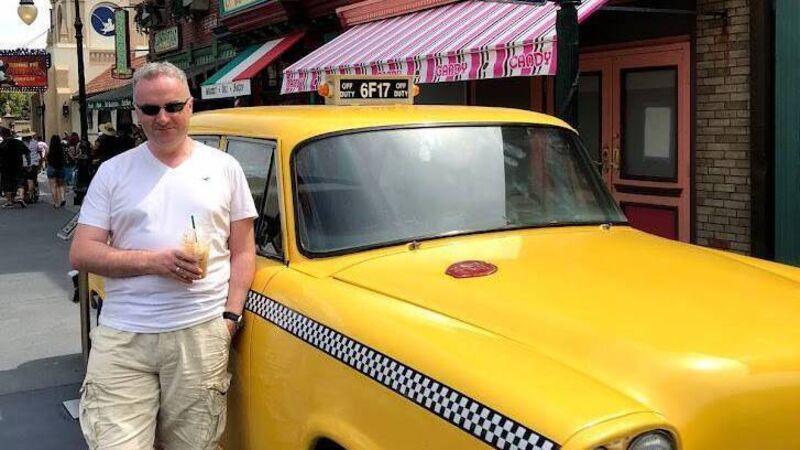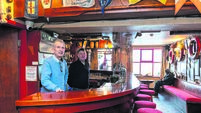Corkman: My life with epilepsy

Liam Burke who was diagnosed with epilepsy when he was a child.
NEXT Monday, February 13, marks International Epilepsy Day. This is an annual event organised by the international Bureau for Epilepsy, and the International League Against Epilepsy to raise awareness about epilepsy and its impact on individuals, families and communities around the world.



Information: www.epilespsy.ie
Cork Community Resource Officers:085-9866628/ Sharon O’Connell 085-8766626
https://www.epilepsy.ie/content/seizure-first-aid
To empower people with epilepsy through support and education.
To centre people with epilepsy and their families in the work of Epilepsy Ireland.
To work collaboratively to improve the care of people with epilepsy and knowledge of the condition.
To transform perceptions of epilepsy and public policy relevant to the condition.
To increase and diversify their income streams.
To demonstrate the highest standards of governance and ensure structures are in place to meet objectives.
no matter where you are.
no matter how small your group or how wide your geographical spread, no matter whether your focus is on the medical or on the social aspects of the condition. International Epilepsy Day is the opportunity for all stakeholders to join and speak with one global voice.
to raise awareness of the disease at international and government level as well as in the public
to strengthen the epilepsy movement by uniting epilepsy associations in a worldwide campaign to raise visibility on epilepsy and encourage discussion about epilepsy.
Further information can be found by visiting the following website – https://internationalepilepsyday.org/







 App?
App?


